
According to a National Coffee Association survey, 59% of Americans drink a daily cup of coffee. The beverage is so embedded in our culture that we tend to take it for granted. Coffee isn’t normally thought of as a superfood, but considering its many health benefits, it should be.
Coffee is rich in the antioxidant polyphenols which helps reduce the risk of cancer and cardiovascular disease. A Norwegian study found that coffee contributed more antioxidants to the diet than fruit, tea, wine, cereals or vegetables.
Coffee also contains important nutrients including niacin, magnesium, manganese, potassium and pantothenic acid. Four cups of coffee a day will provide 44% of your recommended daily value of riboflavin (vitamin B2), which is needed for energy production and red blood cell formation.
While most people drink coffee for the stimulating effect of caffeine, it contains additional bioactive substances which may help protect the body from disease.
Recommended:
- Coffee – Ground, Organic
- Coffee – Whole Bean, Organic
- Instant Coffee – Freeze Dried
- Keurig Single-Serve K-Cup Pods – Organic
- Coffee Filters – Unbleached
- Coffee Maker – 12-Cups
- Keurig K-Cup Pod Coffee Maker
11 Surprising Health Benefits of Coffee
1. Protects Your Liver
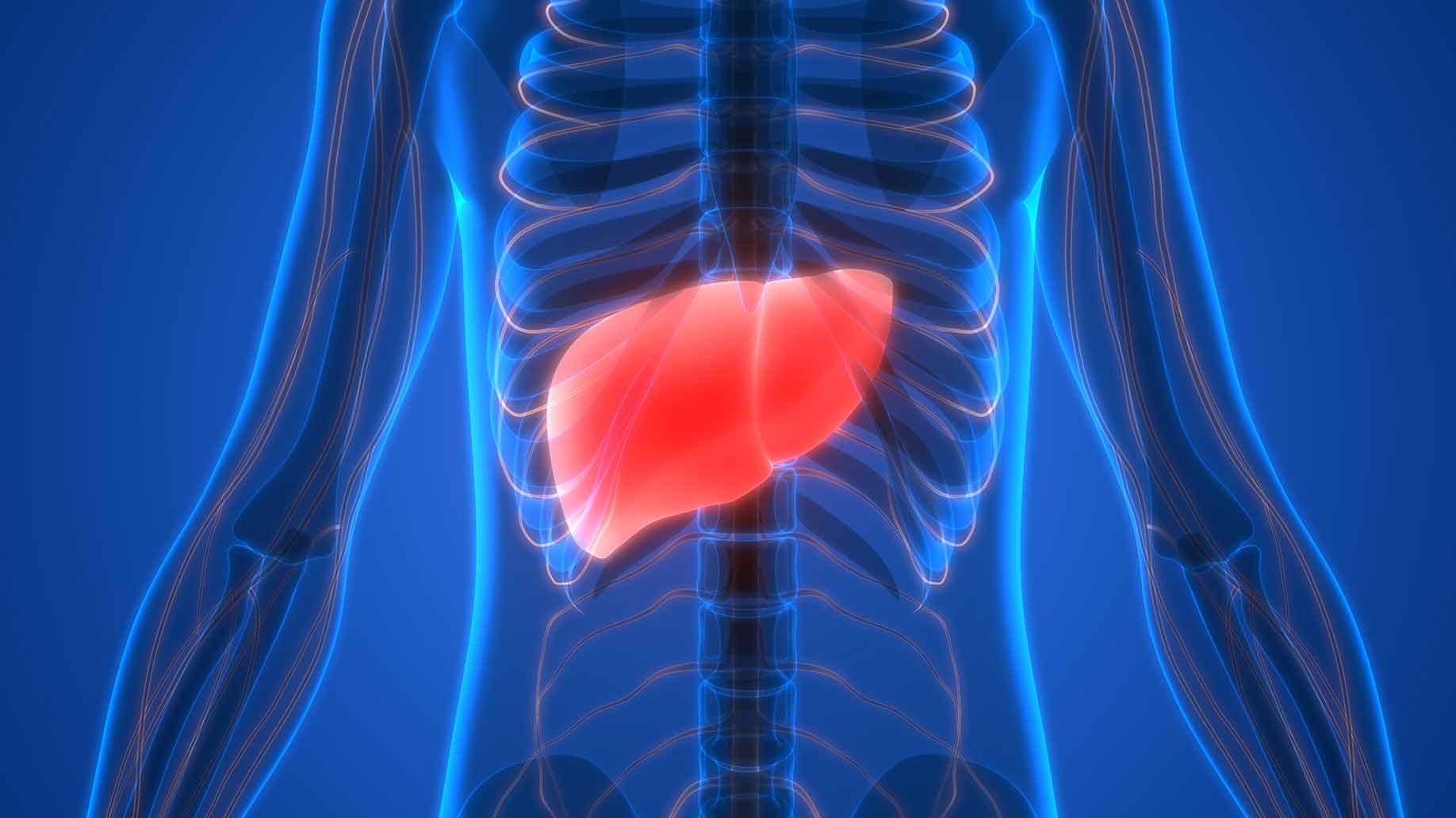
Numerous studies have shown that coffee consumption helps to lower the risk of liver disease and reduce the severity of chronic liver disease.
Scientists have yet to identify the precise mechanism for coffee’s protective effects on the liver. Caffeine alone doesn’t account for them. Coffee contains over 100 compounds and it’s possible that the synergistic effect of multiple compounds provides the liver health benefits.
2. Reduces the Risk for Non-Alcoholic Fatty Liver Disease
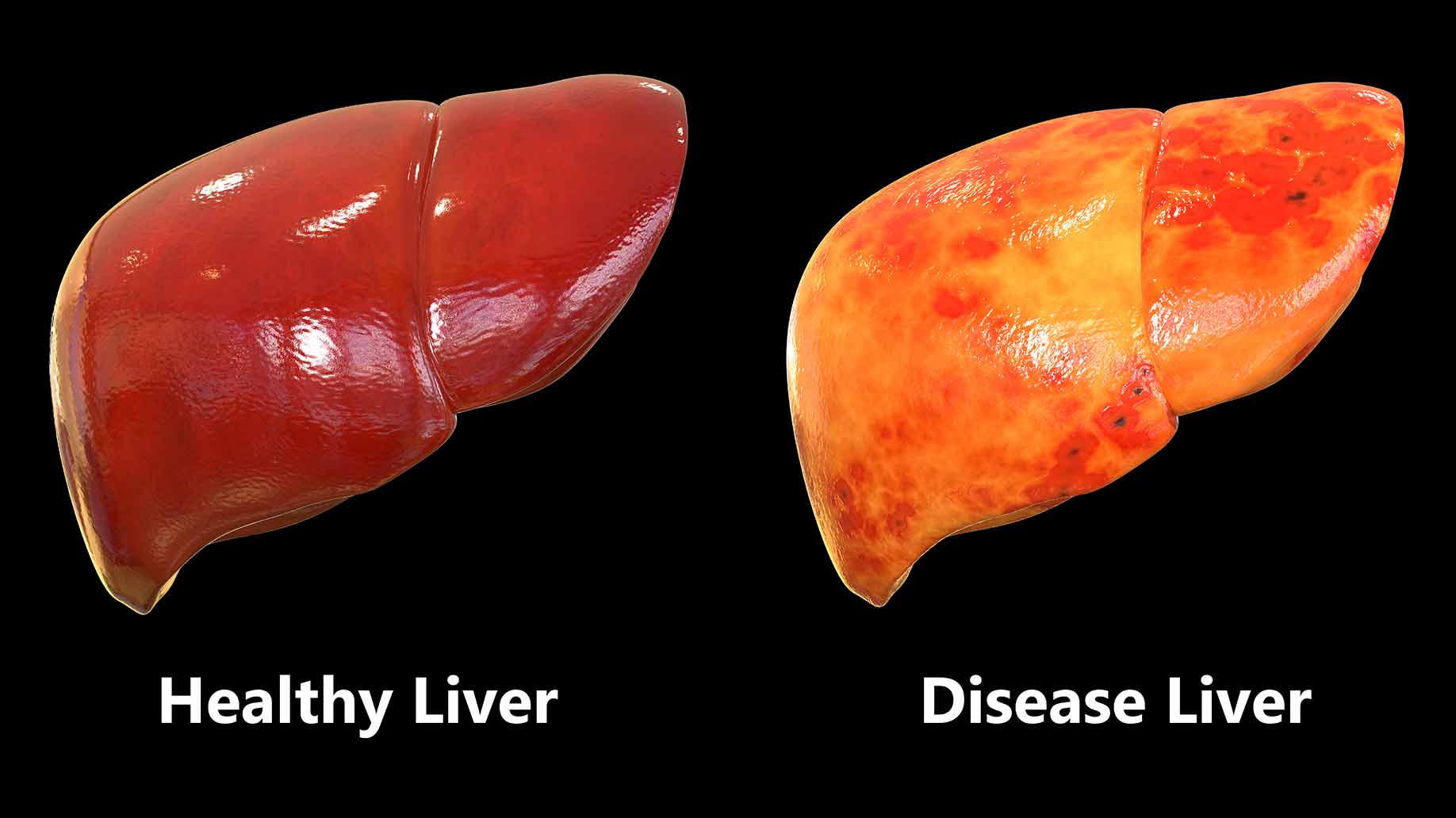
It is estimated that 40% of the US population currently meets the criteria for non-alcoholic fatty liver disease (NAFLD), which is associated with obesity, diabetes and metabolic syndrome.
In a 2012 study, researchers used the National Health and Nutrition Examination Surveys, conducted between 2001 and 2008 to identify which dietary components were predictors of NAFLD. Out of a total of 18,550 participants, 1782 were diagnosed with NAFLD. Caffeine consumption was significantly higher in the control group without liver disease.
The researchers concluded that coffee may offer some protection against the development of NAFLD and that each extra cup could contribute to a lower risk for the condition.
3. Decreases Your Risk for Liver Cancer
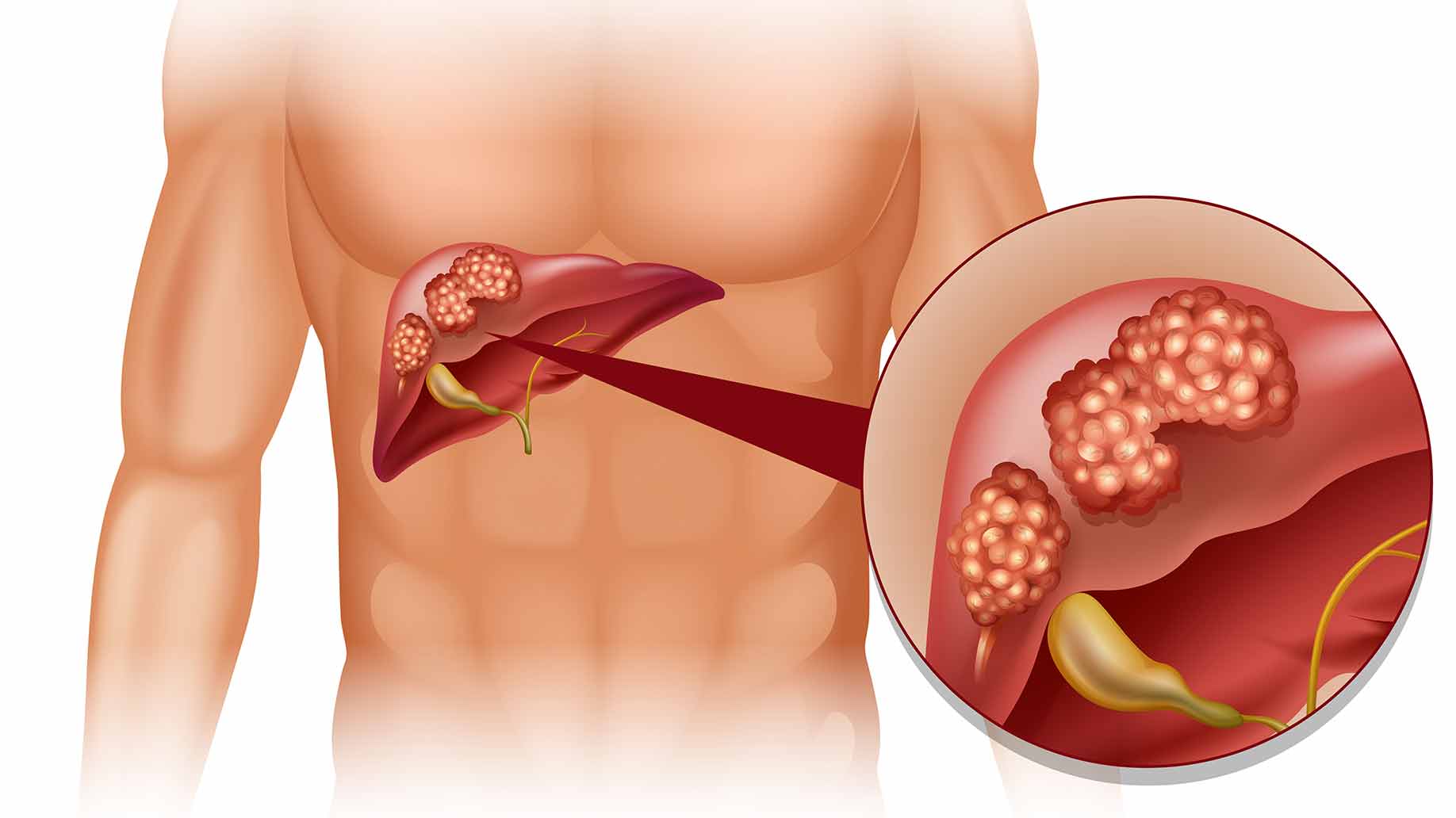
According to the American Cancer Society, liver cancer is the fifth most common cause of cancer mortality.
A meta-analysis of 16 epidemiological studies from Europe and Asia found that drinking one cup of coffee a day reduces the risk of liver cancer by 40% for both men and women. Drinking three or more cups per day reduces the risk by 50%.
The risk reduction associated with coffee was consistent regardless of alcohol consumption or history of liver disease.
4. Reduces the Risk for Cirrhosis
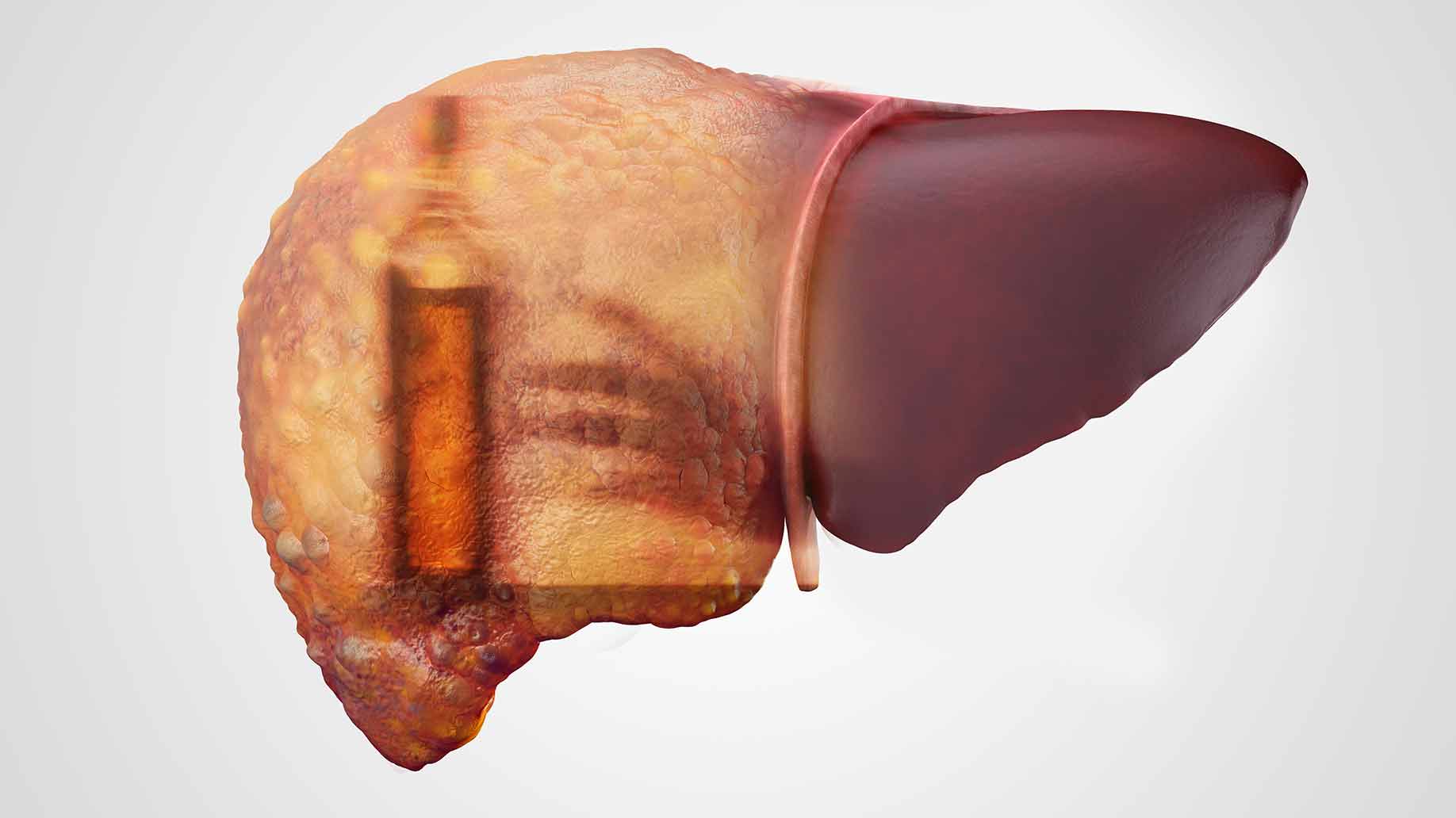
Cirrhosis is fatal scarring of the liver caused by excessive alcohol consumption, hepatitis, immune disorders or non-alcoholic fatty liver disease.
A systematic review examined nine studies on coffee consumption and cirrhosis. After analyzing data from more than 430,00 participants, researchers estimated that drinking one cup of coffee a day was linked to a 22% lower risk of cirrhosis. The risk continued to drop for each additional cup of coffee consumed: 43% for two cups, 57% for three cups and 65% for four cups.
5. Helps You Achieve & Maintain a Healthy Weight
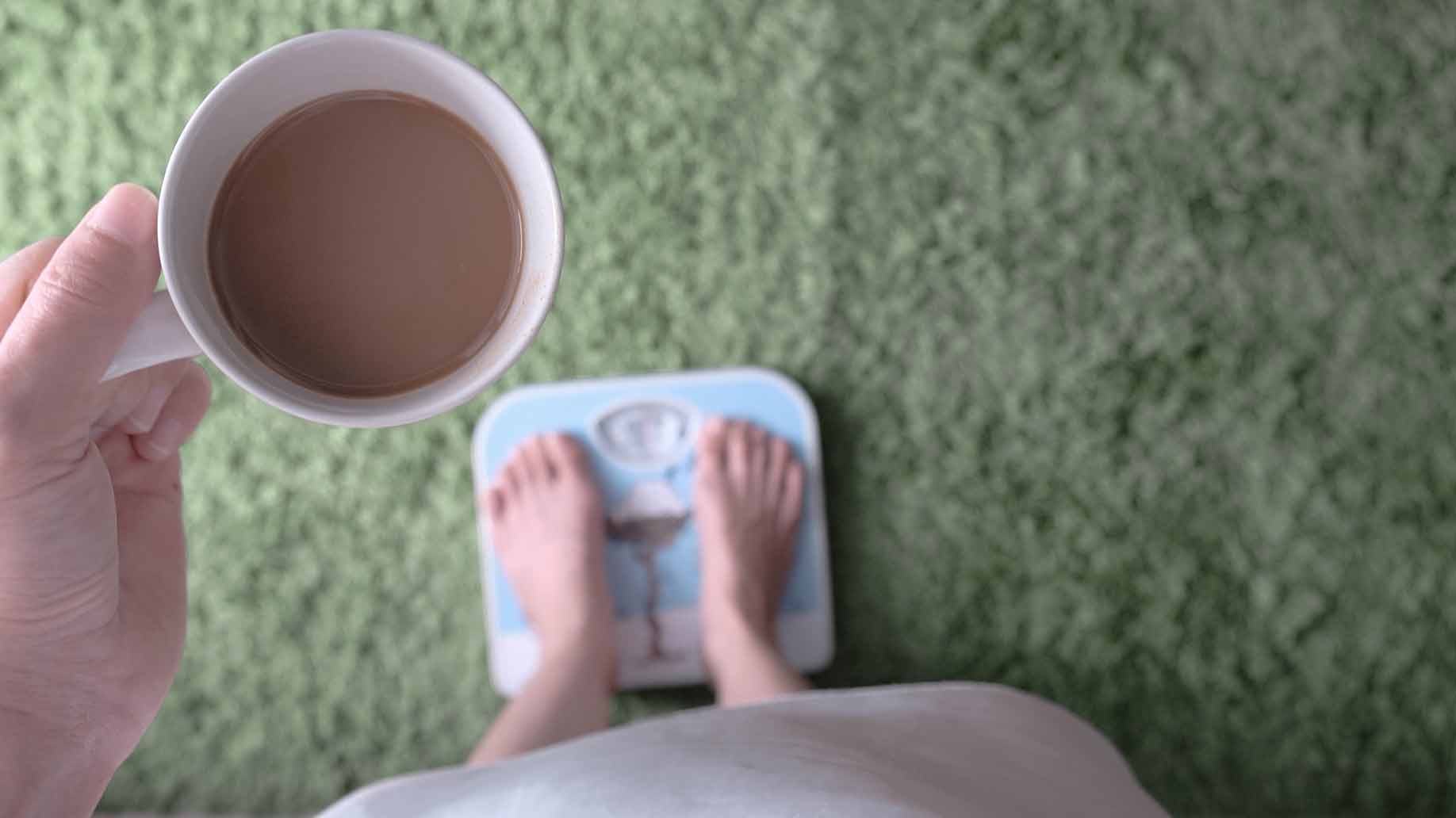
Caffeine is the active ingredient in many over-the-counter diet pills and supplements. It boosts the metabolism so you burn more calories, and may also reduce appetite. Drinking coffee (especially without cream, milk or sugar) could help with weight loss and weight maintenance.
In a study published in the American Journal of Clinical Nutrition, researchers tested the effect of caffeine on metabolism in two groups of volunteers. The ‘lean’ group had no difficulty maintaining a normal weight. The ‘post-obese’ group could only maintain a normal weight by consciously controlling their food intake. Both groups relaxed in a room with a respirometer that measured their energy expenditure. They took 100 mg doses of caffeine (equivalent to one cup of coffee) every two hours over a 12-hour period. Caffeine increased the resting metabolic rate of both lean and post-obese volunteers by 3-4% and increased their energy expenditure by 8-11%. The lean subjects burned an extra 150 calories per day and the post-obese subjects burned an extra 79 calories.
A large long-term study examined how changes in caffeine intake effects body weight. Researchers followed up 18,417 men and 39,740 women for 12 years. Participants filled in food-frequency questionnaires every 2-4 years which asked about their consumption of coffee and other caffeinated beverages. When participants’ weight at the start of the study was compared to their weight 12 years later, those who had increased their consumption of caffeine had gained significantly less weight than those who had reduced their caffeine intake. The association between coffee and tea consumption and less weight gain was stronger in women who were overweight or less physically active.
A randomized, crossover study published in the journal Obesity examined the effect of coffee on appetite and calorie intake. Researchers recruited 16 normal weight and 17 overweight coffee-drinking volunteers. In a series of trials, the participants were given a breakfast snack along with either low-caffeine coffee, moderate-caffeine coffee or water. After 3 hours, they were allowed to help themselves at an all-you-can-eat buffet lunch. Participants were then asked to report their food intake for the rest of the day. Overweight individuals who drank the moderate-caffeine coffee ate significantly fewer calories at lunch than those who drank water or low-caffeine coffee and this effect was maintained throughout the day.
6. Lowers Your Risk for Type 2 Diabetes
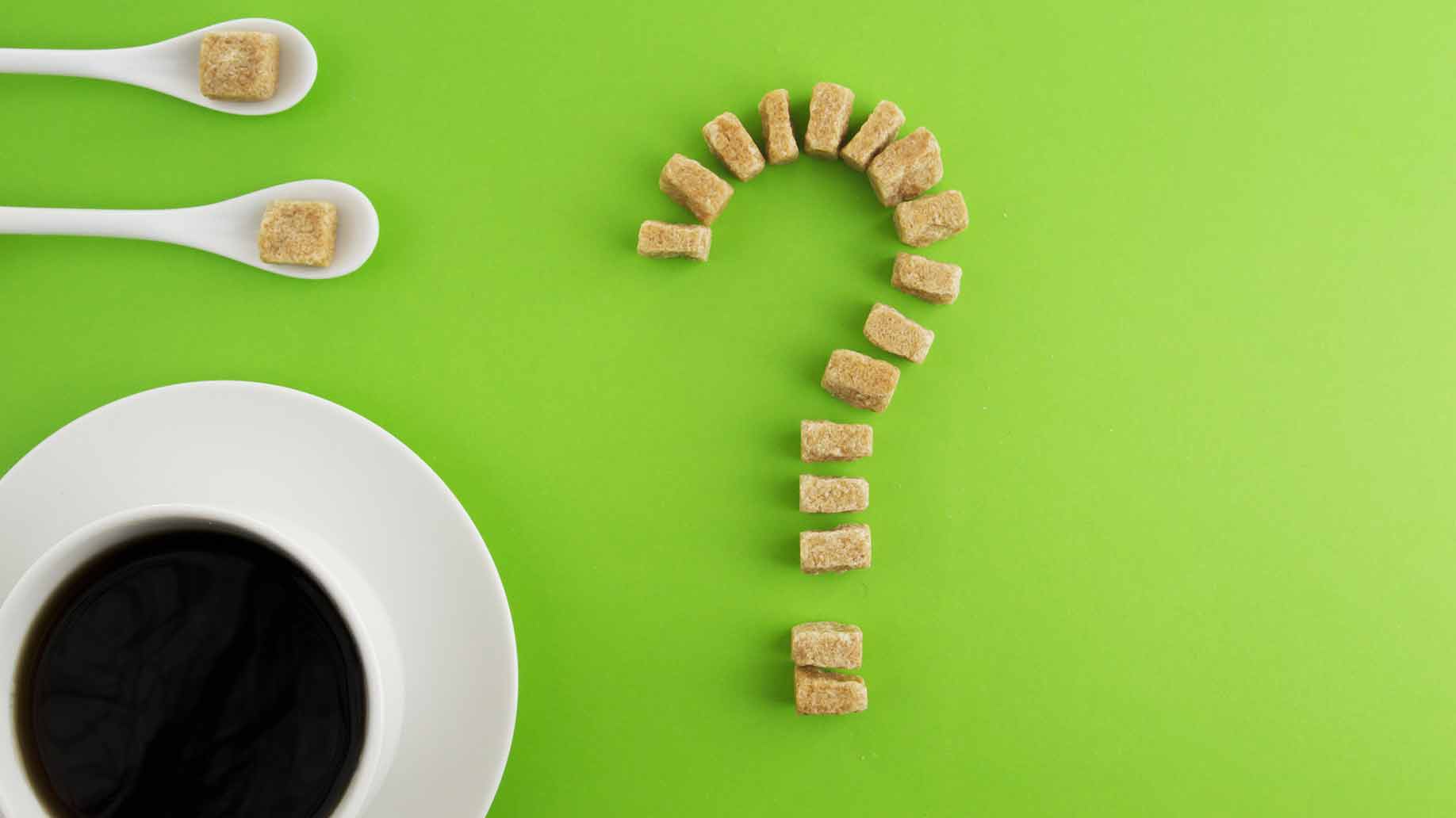
According to the CDC, more than a third of US adults have pre-diabetes and 90% are not even aware they have it. Lifestyle changes can reduce the likelihood that they will go on to develop full-blown type 2 diabetes.
Several population studies have found that coffee drinkers have a lower risk for the disease. Scientists are still unsure which substances in coffee are responsible for its beneficial effect, but research has ruled out caffeine, along with magnesium and potassium.
A large cohort study published in Diabetes Care examined the effects of caffeinated and decaffeinated coffee on the risk of type 2 diabetes. Researchers followed up 88,259 American women aged 26–46 for 10 years. The participants filled in questionnaires about their beverage consumption at the beginning of the study and at 4-year intervals. Over the course of a decade, 1,263 participants developed type 2 diabetes. Analysis of the data showed that consuming two or more cups of coffee per day was associated with a substantially lower risk for developing diabetes. The association was similar for decaffeinated and caffeinated coffee and for instant and filtered coffee.
A systematic review published in JAMA examined 18 studies on coffee consumption and type 2 diabetes from populations around the world. Data from 457, 922 participants indicated that every additional cup of coffee consumed in a day was associated with a 5-10% reduction in the risk of diabetes. Those who drank an average of less than one cup a day reduced their risk by approximately 4% compared to those who drank none. Subjects who drank more than six cups of coffee reduced their risk by approximately 40%. Six of the studies analyzed in the review looked at the effects of decaffeinated coffee. The pooled data indicated that people who drank 3-4 cups of decaf per day lowered their risk of type 2 diabetes by approximately one-third.
7. Declines the Risk of Alzheimer’s Disease & Dementia
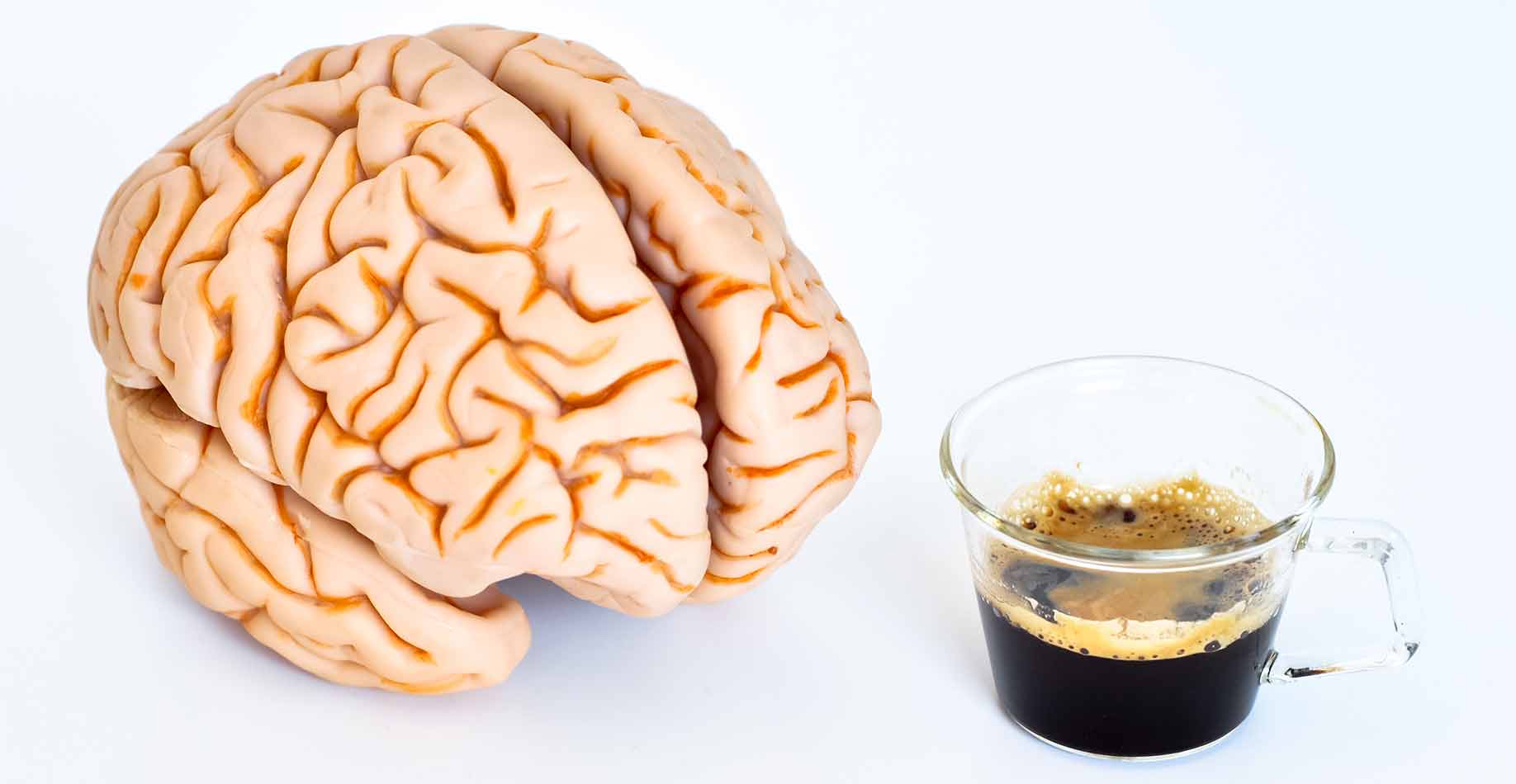
The caffeine in coffee is known to enhance short-term memory and cognition, and there is evidence to suggest that long-term caffeine consumption helps protect against cognitive decline and dementia.
The effects have been tested in mice bred to be genetically susceptible to Alzheimer’s disease. Mice given caffeinated drinking water throughout their adult lives showed lower levels of the abnormal protein amyloid-beta in their brains and less memory impairment in old age. Old mice with Alzheimer’s disease exhibited lower amyloid-beta levels and memory improvement when treated with caffeine.
Researchers investigated the relationship between caffeine intake and dementia in postmenopausal women enrolled in the Women’s Health Initiative Memory Study. The participants filled in food frequency questionnaires that asked about coffee, tea, and cola consumption. The 6,467 who reported any level of caffeine intake were included in the study. The women were given annual assessments of cognitive function and during the course of the 10-year study, 388 received a diagnosis of probable dementia. Women who consumed the highest levels of caffeine daily (approximately 2-3 cups of coffee) were significantly less likely to develop dementia or cognitive impairment compared with those consuming the lowest amounts (approximately 1-2 cups of black tea).
In a case-control study, researchers theorized that if caffeine protects against brain degeneration, people who eventually developed Alzheimer’s would have lower levels of caffeine consumption during the long period before diagnosis than those who remained healthy. They examined 20 years of data from 54 Alzheimer’s patients and a control group of cognitively normal people matched for age and sex. During the corresponding two decades of their lifetimes, the healthy control group had consumed more than twice as much caffeine as the Alzheimer’s patients. Caffeine intake was associated with a significantly lower risk for Alzheimer’s disease, even when other possible confounding variables were taken into account.
8. Reduces the Risk for Depression

Several population studies have found that coffee drinkers are less likely to develop depression than those who don’t drink coffee. Although the mechanism isn’t entirely clear, the protective effect could be due to the way caffeine the affects brain.
The neurotransmitters serotonin, norepinephrine, and dopamine regulate emotions and reactions to stress. Caffeine plays a role in the modulation of dopamine transmission and may also affect other neurotransmitters.
A large longitudinal study followed up 50,739 women for 10 years. All the participants were free of depressive symptoms at the start. At various intervals, the women filled in food frequency questionnaires that asked about their consumption of caffeinated and caffeine-free coffee, tea, and soft drinks. Over the course of the study, 2,607 cases of depression were identified. The researchers found that depression risk decreased with increasing caffeinated coffee consumption. Participants who drank four or more cups per day had a 20% lower risk of becoming depressed than those who drank none. Decaffeinated coffee had no effect on depression risk.
In a 2015 meta-analysis, researchers obtained data from seven studies on the association between coffee and depression with a total of 330,677 participants and eight studies on the association between caffeine and depression with a total of 38,223 participants. They found that the risk of depression was lowered by 8% for each cup of coffee consumed per day. The link between caffeine consumption and depression risk was less straightforward, but consumption above 68 mg per day and below 509 mg per day led to a statistically significant decrease. An 8-ounce cup of brewed coffee contains approximately 100 mg of caffeine.
9. Lowers Your Risk of Colorectal Cancer
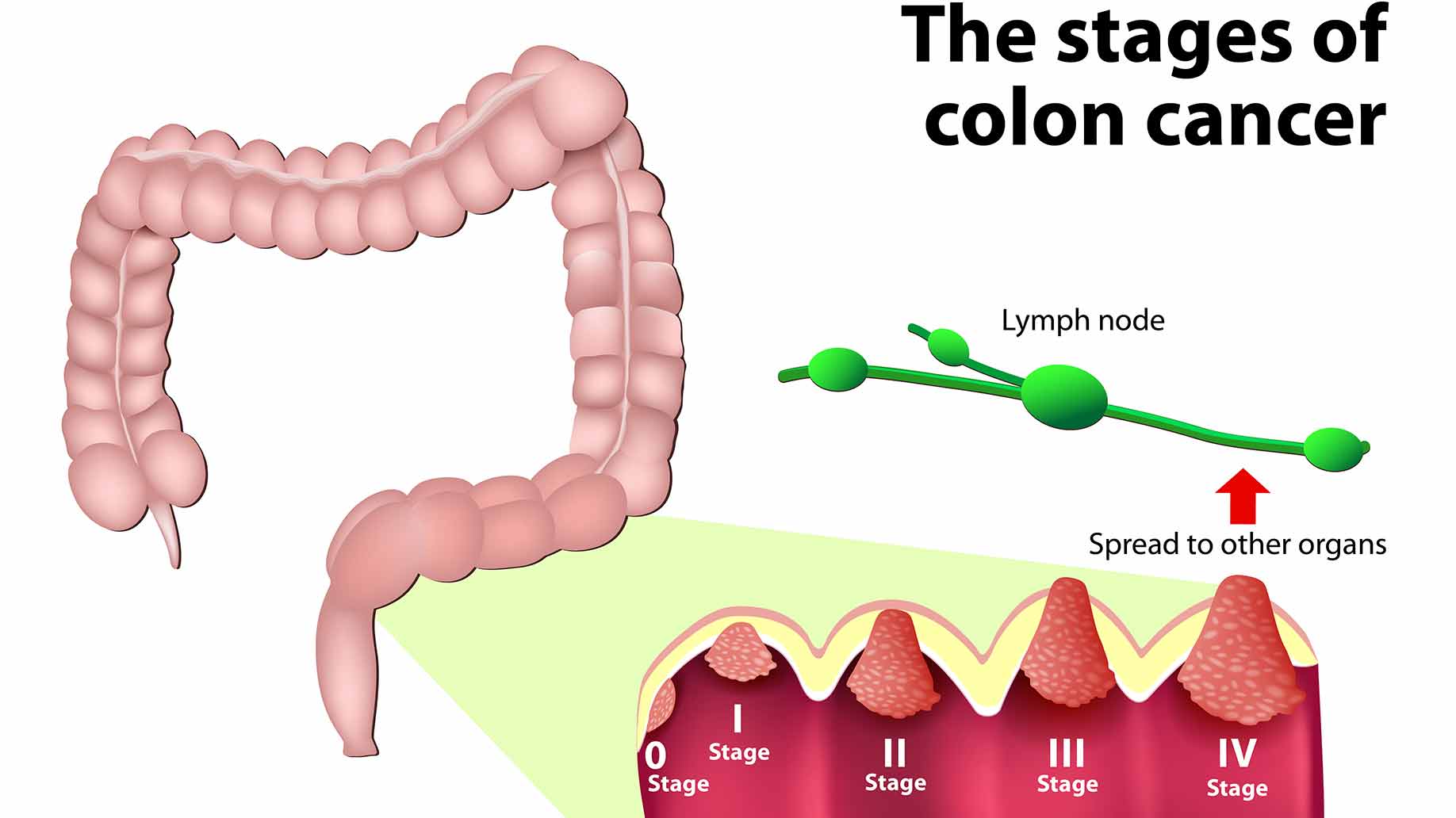
A variety of compounds in coffee may help to prevent cancer, either individually or in combination. Polyphenols have antioxidant properties and laboratory studies have shown that they can reduce the growth of colon cancer cells.
Compounds called melanoidins, which are produced when coffee beans are roasted, inhibit enzymes that play a pivotal role in the development of colorectal cancer.
Researchers analyzed data from the Molecular Epidemiology of Colorectal Cancer study to examine the association between coffee and the risk of colorectal cancer. All participants in the study completed food frequency questionnaires which detailed their daily intake of espresso, decaffeinated, instant and filtered coffee. The daily coffee daily intake from 5,145 colorectal cancer patients was compared with that of a control group of 4,097 individuals who did not have the disease. Researchers found that drinking 1-2 cups of coffee a day reduced the risk of colorectal cancer by 26% and more than two cups reduced the risk by up to 50%. The reduced risk was similar for all coffee types, including decaffeinated.
A prospective study of patients with stage III colon cancer examined the association between coffee drinking and cancer outcomes. Researchers analyzed data from 953 patients who had filled in diet and lifestyle questionnaires as part of a National Cancer Institute clinical trial which included questions about coffee consumption. Patients who reported consuming four or more cups of coffee a day experienced improved outcomes compared to people who drank none. They had a significantly lower risk of cancer recurrence as well as a significantly lower risk for death from cancer.
10. Lowers the Risk for Parkinson’s Disease
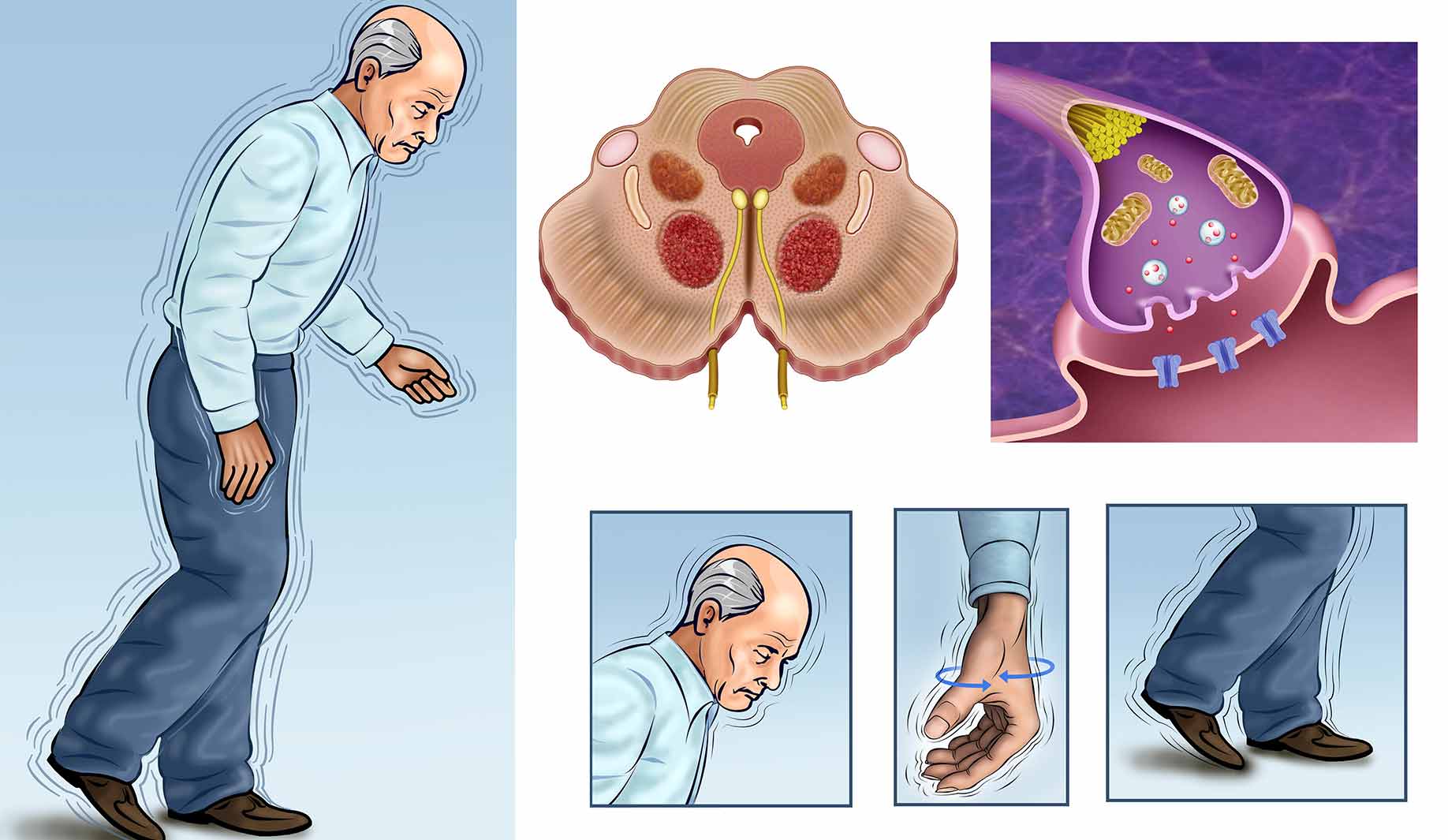
The symptoms of Parkinson’s appear when levels of the neurotransmitter dopamine become too low. The standard drug treatment for Parkinson’s is L-dopa, which increases brain levels of dopamine.
Caffeine regulates dopamine release, and coffee drinkers are found to be less susceptible to the disease. Research on dopamine-deficient mice suggests that caffeine could be also used to treat some Parkinson’s symptoms.
In a study published in JAMA, researchers analyzed 30 years of follow-up data from 8,004 men enrolled in the Honolulu Heart Program. Information about coffee consumption was collected by a dietitian at the start of the study and through a food frequency questionnaire six years later. Diagnoses of Parkinson’s disease were identified from participants’ medical records. Researchers found that the incidence of Parkinson’s disease declined consistently with increased amounts of coffee consumption. The risk for Parkinson’s was 2-3 times greater for nondrinkers of coffee compared with coffee consumers and five times greater compared to men who drank 28 ounces of coffee or more per day.
A randomized controlled trial published in Neurology, tested caffeine as a treatment for symptoms of Parkinson’s disease. Researchers divided 61 Parkinson’s patients into two groups. One group received 100 mg of caffeine twice daily for three weeks and then 200 mg twice daily for the following three weeks. The control group were given a placebo. Somewhat surprisingly, the caffeine had no significant effect on daytime sleepiness. However, it did significantly improve motor symptoms of Parkinson’s disease, such as slowness of movements and muscle stiffness.
11. Increases Your Lifespan

Coffee drinking is associated with a lower risk for most leading causes of mortality. The numerous biologically active compounds in coffee helps to ward off illness by reducing chronic inflammation, improving liver function and increasing insulin sensitivity. Coffee may also have other protective effects that are yet to be discovered.
A large prospective cohort study used data from 90,317 men and women to investigate the link between coffee consumption and overall mortality. None of the participants had a history of cancer or heart disease when they joined. All subjects completed food frequency questionnaires that asked about their coffee consumption in the previous 12 months. During an average nine years of follow-up, 8,718 participants died.
Individuals who drank 4-5 cups of caffeinated or decaffeinated coffee daily had the lowest risk of death. Those who consumed 2-3 cups also had a lower risk of death than those who drank none. Coffee lowered the risk of death from heart disease, diabetes, respiratory disease, influenza and pneumonia.
An even larger study published in the New England Journal of Medicine had similar findings. Researchers examined the association between coffee drinking and mortality among 173,141 women and 229,119 men. Participants were aged 50-71 years old when the study began and free from cancer and cardiovascular disease. Their coffee consumption was assessed through a questionnaire. During the 14-year follow-up period, 33,731 men and 18,784 women died.
Compared with those who did not drink coffee, men who drank six or more cups per day had a 10% lower risk of death and women who drank six or more cups had a 15% lower risk. Researchers found that drinking coffee reduced the risk of death due to heart disease, stroke, respiratory disease, diabetes and infections. It was even associated with a lower risk of dying from injuries and accidents.
How Much is Too Much Coffee?

Many of the studies cited above found that the more coffee people drank, the greater the health benefits. However, too much caffeine can result in negative side effects, and different people can tolerate different levels.
In fact, scientists have discovered a gene which lowers the body’s ability to break down caffeine following coffee consumption. Populations with this gene variation naturally tend to drink less coffee.
Listen to your body and cut down on coffee or switch to decaf if you experience any of following symptoms:
- Insomnia
- Upset stomach
- Anxiety
- Agitation
- Jitteriness
- Headache
- Frequent urination
- Increased heart rate
Keep in mind that what’s in your coffee can also negatively affect your health. The American Heart Association guidelines state that women should consume no more than 6 teaspoons of added sugar daily and men should consume no more than 9 teaspoons. If you add sugar to coffee or buy coffee-shop drinks made with flavored syrups, you could easily exceed the recommended daily amount.
Final Word
If you like coffee for its taste and stimulating effects, go ahead and indulge with the knowledge that it’s a superfood, packed with antioxidants and other protective compounds.
But try to get your caffeine fix before 5 PM. An after-dinner coffee could affect your quality of sleep. If you experience any symptoms that could be linked to a caffeine overload, gradually reduce your intake until you find the level your body can tolerate.









It’s interesting to know that long-term caffeine consumption greatly helps in declining your risk of getting dementia. My family has a history of dementia, so I want to look for ways that can help me to avoid myself from getting the same illness. I will make sure to find a company that can deliver coffees to my house. Thanks!
It totally does, well done keep up
The good work
Really nice post thanks for sharing